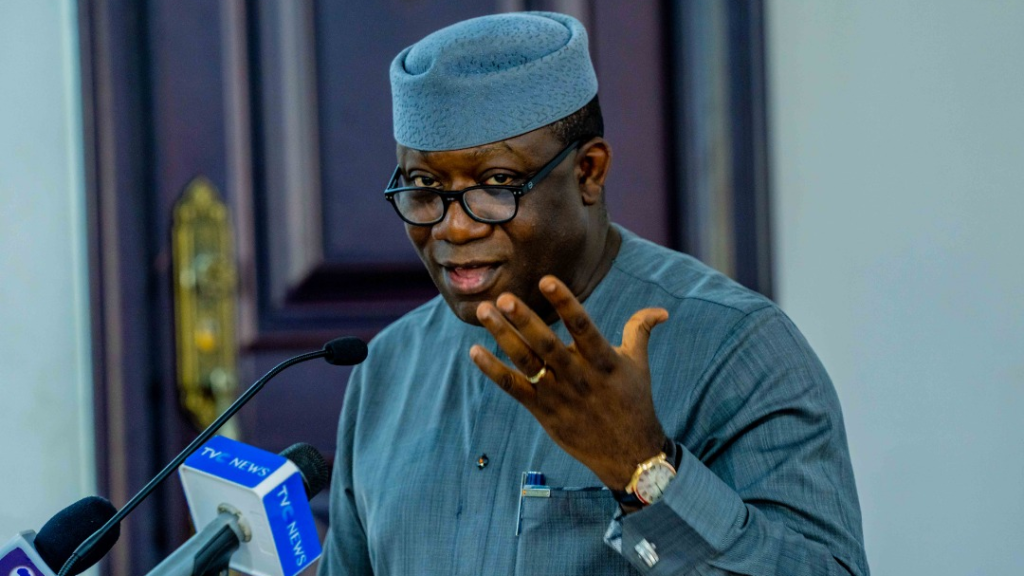Former Nigerian Governor Denies Involvement in New Political Coalition Amid Misinformation Claims
A report alleging that Dr. Kayode Fayemi, former governor of Nigeria’s Ekiti State, co-founded a new political coalition with ex-Rivers State Governor Rotimi Amaechi has been dismissed as false by Fayemi’s media office. The claim, circulated widely on social media, was described as lacking credible evidence and potentially fabricated.
In a statement released on Sunday in Abuja, Mallam Ahmad Sajoh, Head of Fayemi’s Media Office, emphasized that no verifiable recordings, videos, or reputable news reports corroborated the viral assertion linking the two prominent figures to the African Democratic Congress (ADC) coalition. Amaechi, who served as Transportation Minister under late President Muhammadu Buhari, has not publicly addressed the claim.
Sajoh warned against the spread of unverified information, stating the report could be part of a broader trend of misinformation targeting public figures. “In an era where fabricated statements are often used to provoke controversy, we urge caution,” he said, adding that Amaechi may have been misquoted. The statement reaffirmed Fayemi’s allegiance to Nigeria’s ruling All Progressives Congress (APC), where he remains a key leader in Ekiti State.
Fayemi, currently engaged in academic work at King’s College London and initiatives with the Amandla Institute, has maintained a lower national profile recently. However, Sajoh clarified that his reduced visibility does not signal a departure from politics. The former governor reportedly participates in APC leadership meetings in Ekiti and has publicly endorsed incumbent Governor Biodun Oyebanji’s re-election bid under the APC banner.
“Dr. Fayemi’s commitment to the APC is unwavering,” Sajoh stressed, citing the politician’s repeated assurances at public forums and his active role in addressing party challenges. While acknowledging Fayemi’s participation in cross-party discussions on national issues, the media office clarified these engagements were not indicative of defection plans.
The rebuttal underscores growing concerns about politically motivated misinformation in Nigeria, where social media often amplifies unverified claims. Sajoh urged the public to scrutinize sources, particularly reports relying solely on digital platforms, to avoid amplifying false narratives.
As Nigeria approaches state elections, the statement highlights the delicate balance political figures must strike between public engagement and navigating the risks of modern information ecosystems. Fayemi’s case reflects broader tensions between political loyalty, public perception, and the rapid spread of unverified claims in the digital age.
